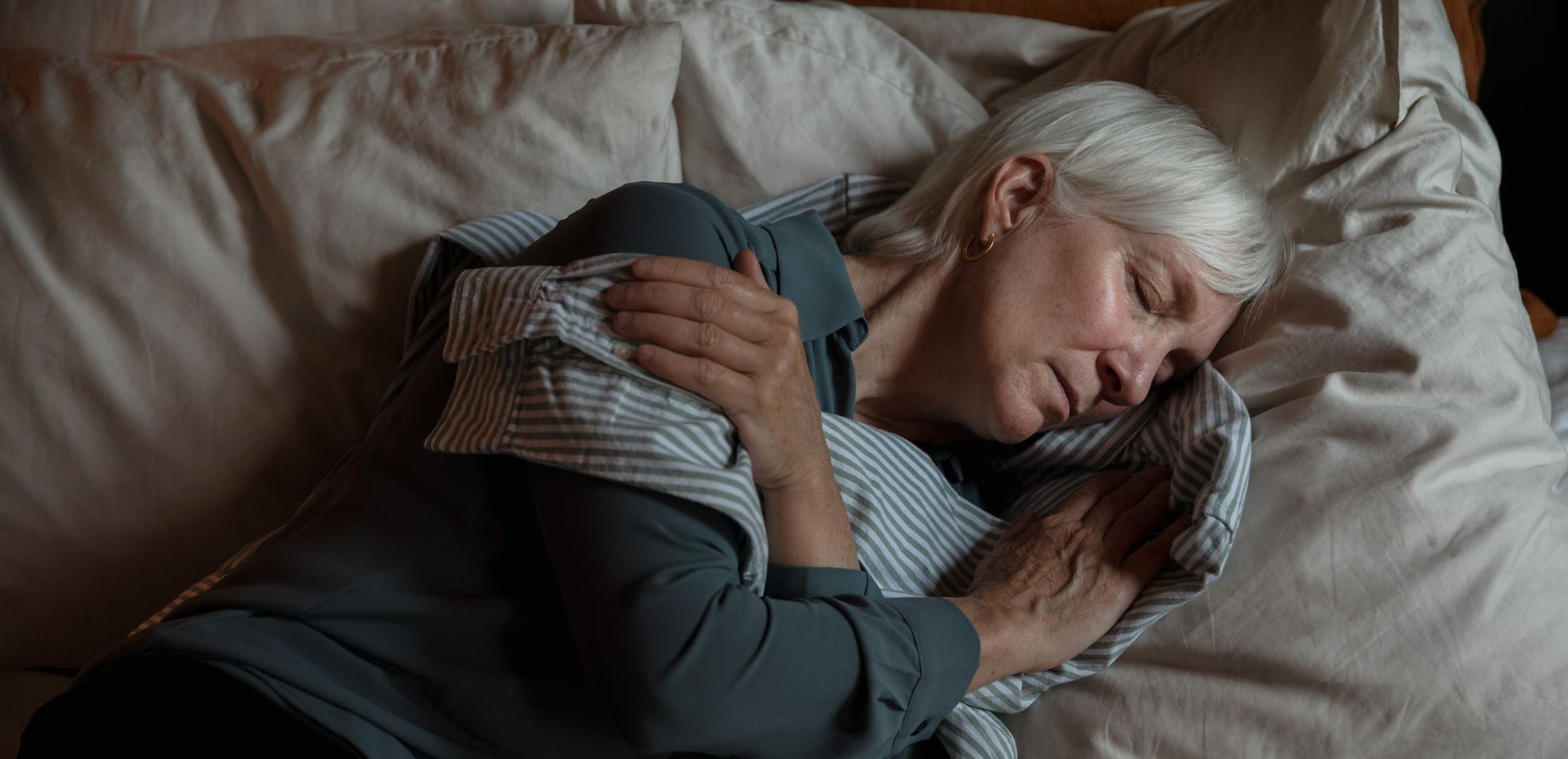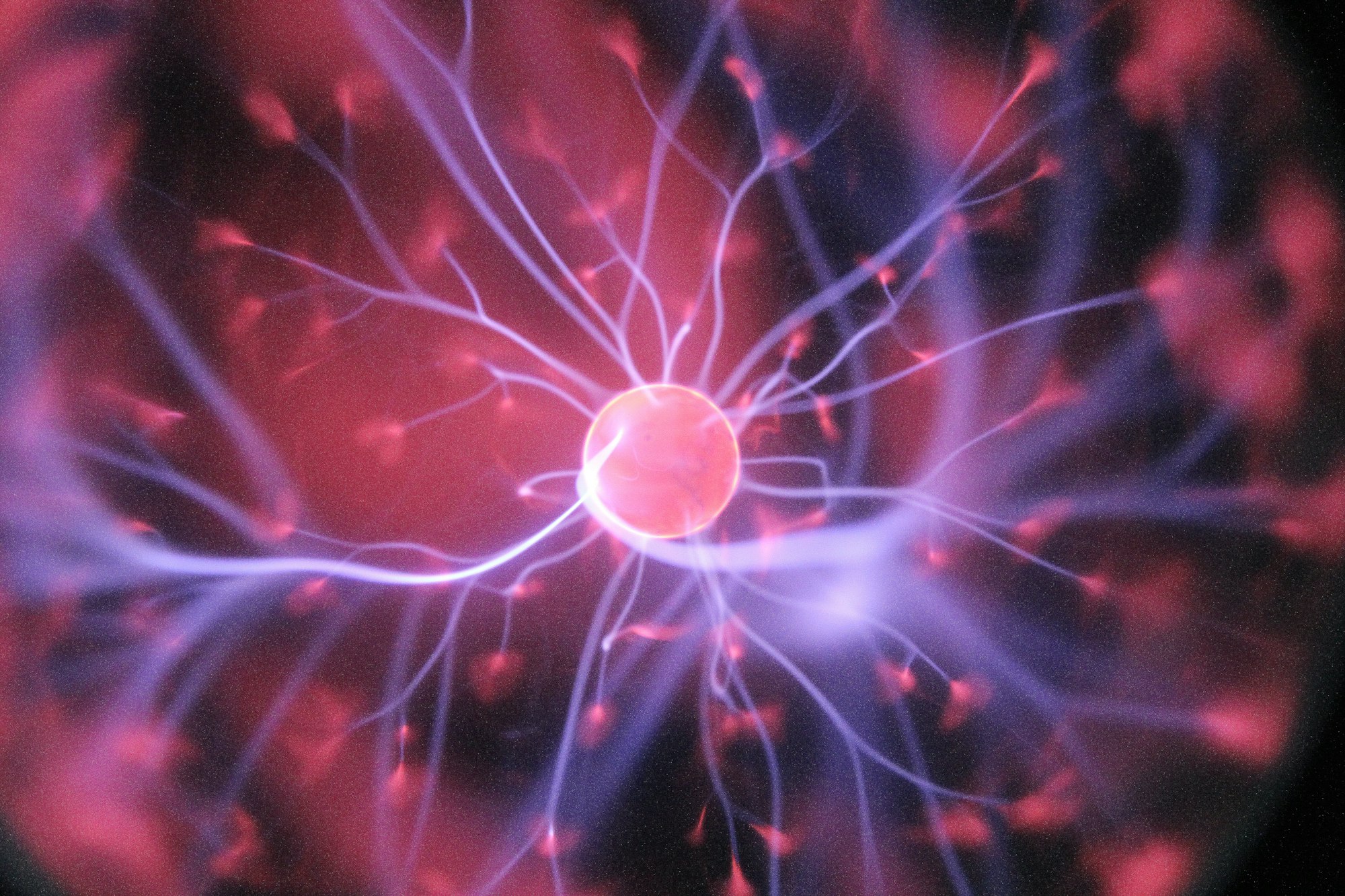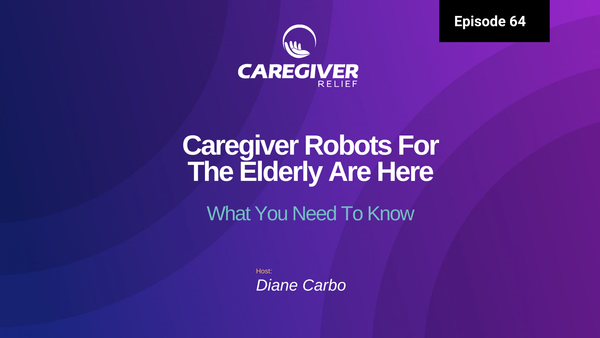Does Dementia Cause Hallucinations?

Dementia is a group of neurological disorders that impact memory, behavior, and overall cognitive functions of an individual. It is a progressive and irreversible condition, and can be caused by various factors. Unfortunately, while dementia is a very serious and life-altering condition, it has often been overlooked and misunderstood.
One of the most troubling symptoms of dementia is the presence of hallucinations, which can be both visual and auditory in nature. Hallucinations are false perceptions of physical or auditory events that can be caused by many different medical conditions. While hallucinations can be a symptom of numerous conditions, they are especially common for those with dementia. It is estimated that up to 45% of individuals living with dementia may experience some degree of hallucination. Therefore, it is important to be aware of the connection between dementia and hallucinations, as well as how to diagnose and treat them.
Symptoms of Dementia That May Lead To Hallucinations
Dementia is an umbrella term that describes a wide group of conditions that affect memory, communication, and overall thinking abilities. It can lead to significant changes in behavior, character, and personality.
The following are some common symptoms of dementia that may eventually cause hallucinations:
- Trouble with manufacturing new memories, learning information, or recalling familiar words
- Confusion about time, place, or people
- Disorientation and impaired judgment
- Changes in behavior or mood
- Decreased ability to carry out daily activities
- Depression and/or anxiety
- Paranoia and suspicions
These symptoms can vary depending on the type of dementia a person has, but they may all be indicators of a cognitive decline that can cause hallucinations.
Types of Hallucinations Associated With Dementia
Hallucinations are a common symptom of dementia. These hallucinations can manifest as seeing, hearing, feeling, smelling or tasting things that aren't real. Depending on the type of dementia a person has, the type of hallucination they experience may vary.
Visual Hallucinations
Visual hallucinations involve seeing things that don't exist, such as people, animals or objects. People with dementia may also experience illusions, which are distorted or misinterpreted versions of objects that do exist. For example, someone with dementia may look out their window and see a friend who isn't really there, or believe they see a monster in a chair in their living room.
Auditory Hallucinations
Auditory hallucinations involve hearing things that aren't real, such as voices, music, or other sounds. People with dementia may hear a voice telling them to do something, or hear conversations that aren't really happening. Some people also hear loud noises like explosions or ringing.
Tactile Hallucinations
Tactile hallucinations involve feeling things that aren't really there. This can include feeling bugs crawling on your skin, or sensing a presence in the room. Some people with dementia may also feel like they're being touched or held when no one is actually there.
Olfactory and Gustatory Hallucinations
Olfactory hallucinations involve smelling things that aren't real, such as an aroma of food or perfume. Gustatory hallucinations involve tasting something that isn't real, like candy or salty water. People with dementia may believe they are eating something when there is nothing actually there.
Hallucinations are not always a sign of dementia, but if you're experiencing any of the above symptoms, it's important to talk to your doctor as soon as possible. Early diagnosis can improve the effectiveness of treatment.
Diagnosis of Dementia
Dementia is a complex neurological condition, but there are some common symptoms that can help with diagnosis. The most common symptom is memory loss, which includes forgetting simple facts or activities like conversations, appointments, and even names of loved ones. Other symptoms include difficulty completing tasks that were once familiar, problems with communication, confusion about time or place, difficulty finding one’s way around familiar places, and changes in personality and behavior.
If dementia is suspected, the doctor will perform a physical exam to look for any medical conditions that could be causing the symptoms. They may also order certain tests such as blood work, an X-ray, or an MRI. The doctor may refer the patient to a specialist who specializes in Alzheimer’s disease and other types of dementia for further testing.
Diagnosing dementia can be complicated because there is no single test that can definitively diagnose the condition. Doctors must take into account the person’s medical history, physical exam, lab tests, imaging tests, and cognitive tests to make a diagnosis. Diagnosing dementia in its early stages can help the person get the best treatment and care they need.
Understanding the link between hallucinations and dementia can also be helpful in the diagnosis process. Hallucinations are a symptom of dementia and can be caused by changes in the brain associated with the condition. If a person is experiencing hallucinations, it can be an indication of early dementia, and should be reported to a health provider.
Dementia is a devastating condition that can leave those affected feeling confused and unable to make sense of the world around them. The condition is caused by damage to the brain, which can lead to a range of symptoms, including hallucinations. It is important to understand the causes of dementia, and the risk factors that could increase the likelihood of experiencing hallucinations associated with the condition.
The exact cause of dementia is still unknown. However, scientists believe it is likely caused by a combination of factors, such as genetics, lifestyle choices, and environmental factors. Research suggests that some medical conditions, such as Alzheimer's disease, strokes, and Parkinson's disease, can also lead to dementia.
There are also certain risk factors which may increase the likelihood of developing dementia, or experiencing hallucinations associated with the condition. Age is a major risk factor – the chance of developing dementia increases as we get older. Other risk factors include family history, smoking and regular alcohol consumption, high blood pressure, diabetes, and hypertension.
It is also worth noting that certain medications can cause symptoms similar to dementia, so it is important to consult a doctor if you are concerned about any changes in your mental state.
Having an understanding of the potential causes and risk factors for dementia is an important step in helping to prevent the condition, or catching it early and potentially slowing its progress.
Treatment of Dementia and Hallucinations
The primary goal in treating dementia is to manage the symptoms of the disorder, and for patients with associated hallucinations, there are treatments available to help with symptom management. It is important to remember that each case of dementia is unique, and what works for one patient may not work for another, so a comprehensive individualized care plan should be tailored to your loved one's needs.
Medications are often prescribed to help manage symptoms of dementia, including both cognitive and behavioral symptoms. Antipsychotic medications can be effective in managing hallucinations and other psychotic symptoms that often accompany dementia, but they come with associated risks, so it is important to have them monitored closely by a physician.
In addition to medications, various therapies can also be used to manage symptoms of dementia. Cognitive-behavioral therapy and psychotherapy can help manage behavioral symptoms, while occupational therapy and speech-language therapy can help with memory, communication, and motor skills.
Finally, lifestyle changes can also be effective in managing dementia and associated hallucinations. Good nutrition, exercise, social activities, and proper sleep hygiene are all important in keeping the symptoms of dementia under control. Additionally, providing a safe and comfortable environment can help reduce stress levels, which may trigger hallucinations or other symptoms.
Living with a family member who has dementia can be an emotionally and physically draining task. When a person with dementia experiences hallucinations, it can be especially difficult to cope with for both the loved one and their carers.
Hallucinations can be frightening or confusing for those living with dementia, and it is important that families learn how to best manage them. Below are some strategies that can help family members when dealing with hallucinations caused by dementia:
1. Support Groups
Joining a support group can provide valuable advice and resources. These groups offer a safe and welcoming environment for families of those affected by dementia to come together and share experiences. They are also a great opportunity to connect with other families going through similar situations, providing much-needed understanding and companionship.
2. Respite Care
Respite care involves providing short-term relief for those caring for a person with dementia. This could include in-home assistance with daily activities such as eating, bathing and dressing, or in-facility respite care where a professional will care for the person with dementia. This will give the primary caregivers time for themselves and allows them to take a break from the daily demands of caregiving.
3. Education
Families should inform themselves on the subject of hallucinations. Knowing the difference between reality and fantasy can make it easier to cope. It is also important to understand the effects medication can have and how to recognize potential triggers. The more knowledgeable a family is about the condition, the better equipped they will be to help their loved one.
4. Adjust Environment
The environment can sometimes trigger hallucinations. Look for clues around the home such as moving furniture, changing lighting or adjusting the TV or radio settings. If an object seems to be provoking episodes, remove it from the room. Conversely, adding calming or comforting items such as pictures, plants or blankets can help to settle the person.
5. Reassurance
When a loved one is experiencing hallucinations, it is important to remember that the experience is real to them. Instead of denying the episode, talk to them calmly and reassuringly to help allay any fears and reduce confusion. Explain what is happening without being confrontational or challenging the reality of the person. Offer support and understanding until the episode passes.
Caring for someone with dementia can be difficult, but it is important to keep in mind that there are ways to cope with hallucinations. By educating yourself about the condition, joining a support group to connect with other families, and employing coping methods such as respite care and environmental adjustments, families can find relief in varying degrees.
Dementia is a condition that affects many people, and can have a huge impact on the lives of those affected. It is important to be aware of the potential symptoms of dementia, including hallucinations, and to seek early diagnosis if you or someone you love is displaying any of these signs. Dementia causes a broad range of symptoms, varying from person to person, and in some cases, can cause vivid and often frightening hallucinations. Knowing the different types of hallucinations associated with dementia and how they can be treated can help those living with the condition and their families to cope better.
Early detection is key to managing the symptoms of dementia, and there are several methods used to diagnose the condition, including physical examinations, neurological tests, and cognitive assessments. It is also important to understand the potential underlying causes of dementia and any risk factors that may increase the likelihood of experiencing hallucinations. Treatment of dementia typically combines medical interventions such as medications and therapies, as well as lifestyle changes that may help to reduce the severity of symptoms. For those affected by hallucinations caused by dementia, there are a number of support networks and coping strategies available to help them and their families.
In conclusion, dementia can be a very challenging condition for those affected and their families, as it can lead to disorienting and frightening hallucinations. However, understanding the types of hallucinations associated with dementia, diagnosing it early, and using the right coping mechanisms can help those affected by this condition to live as full and meaningful lives as possible.
You might also like this article:










